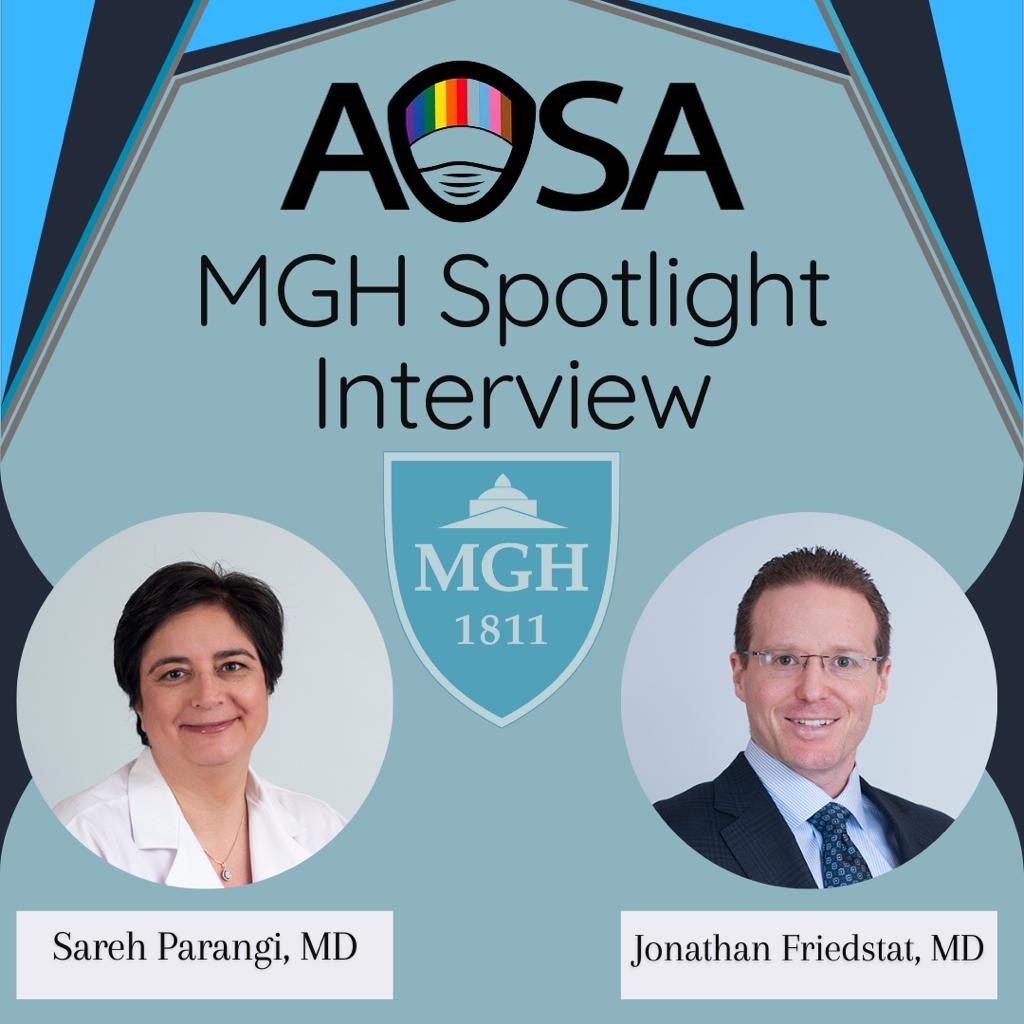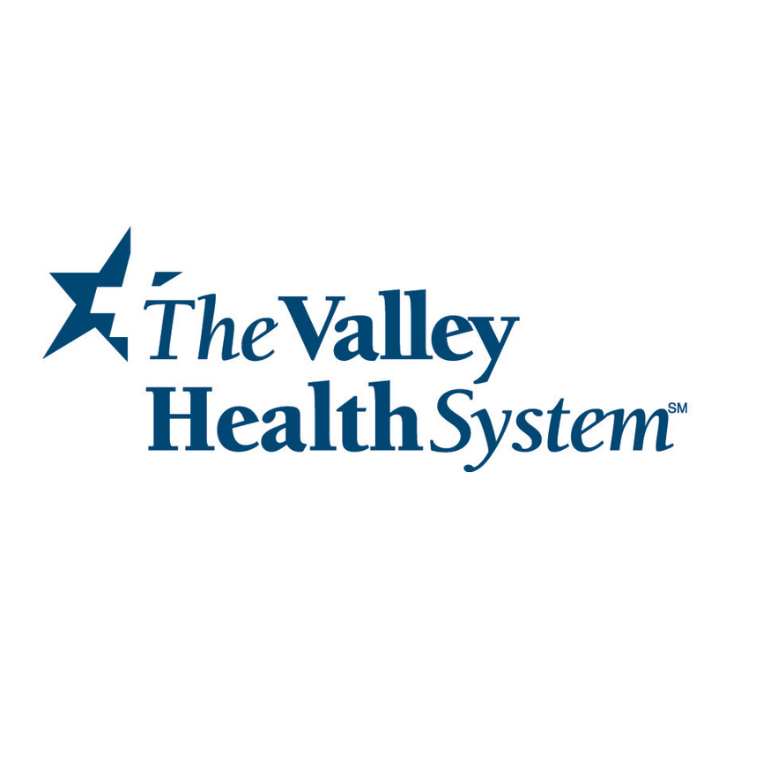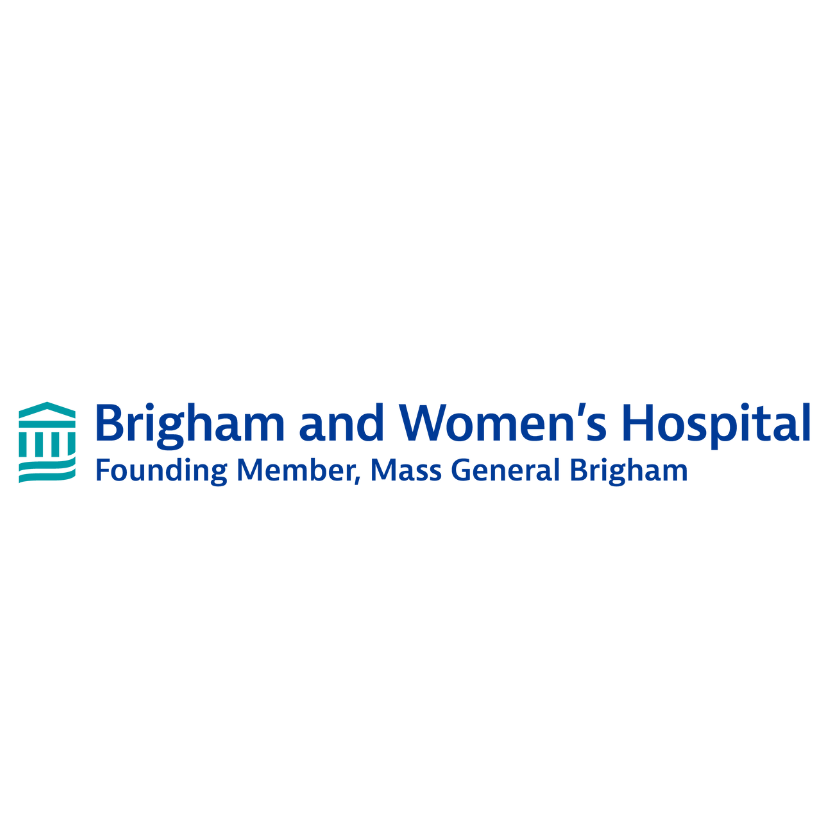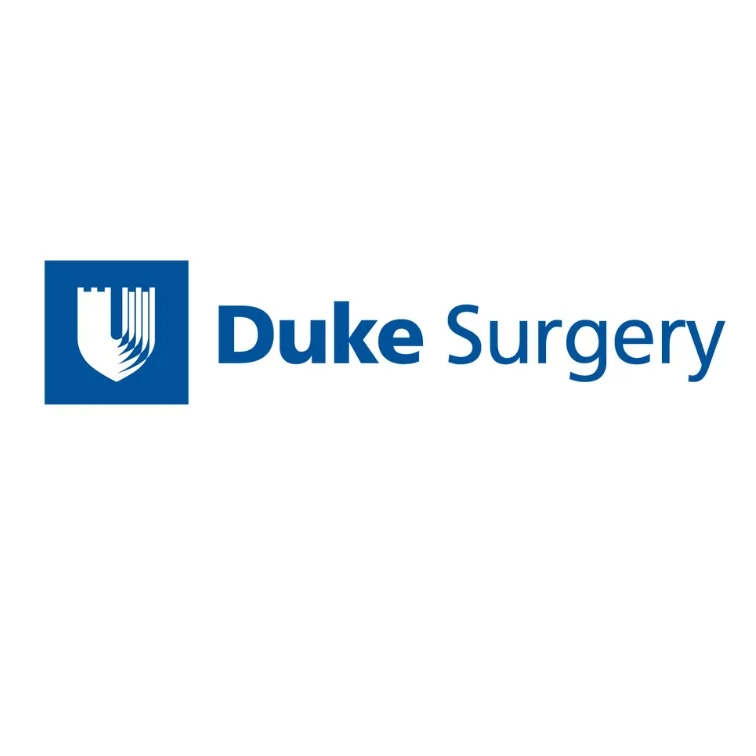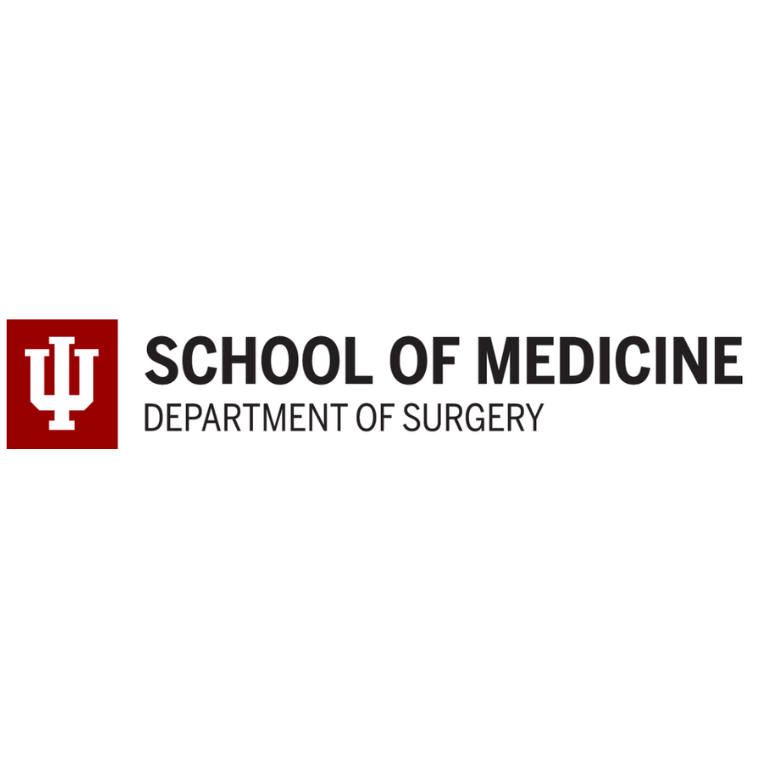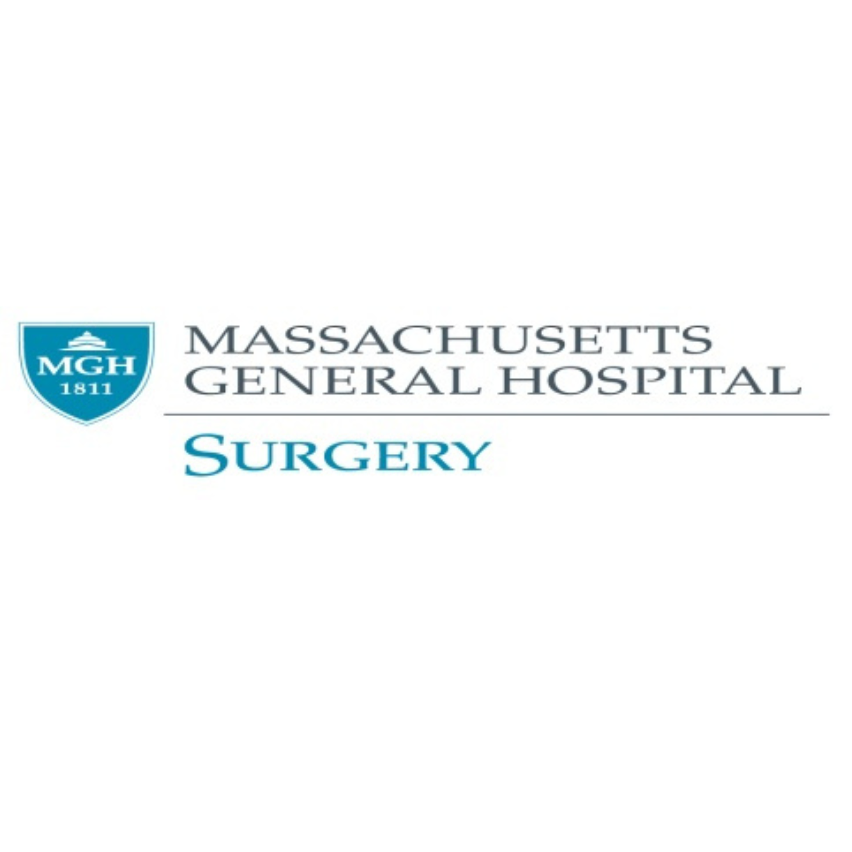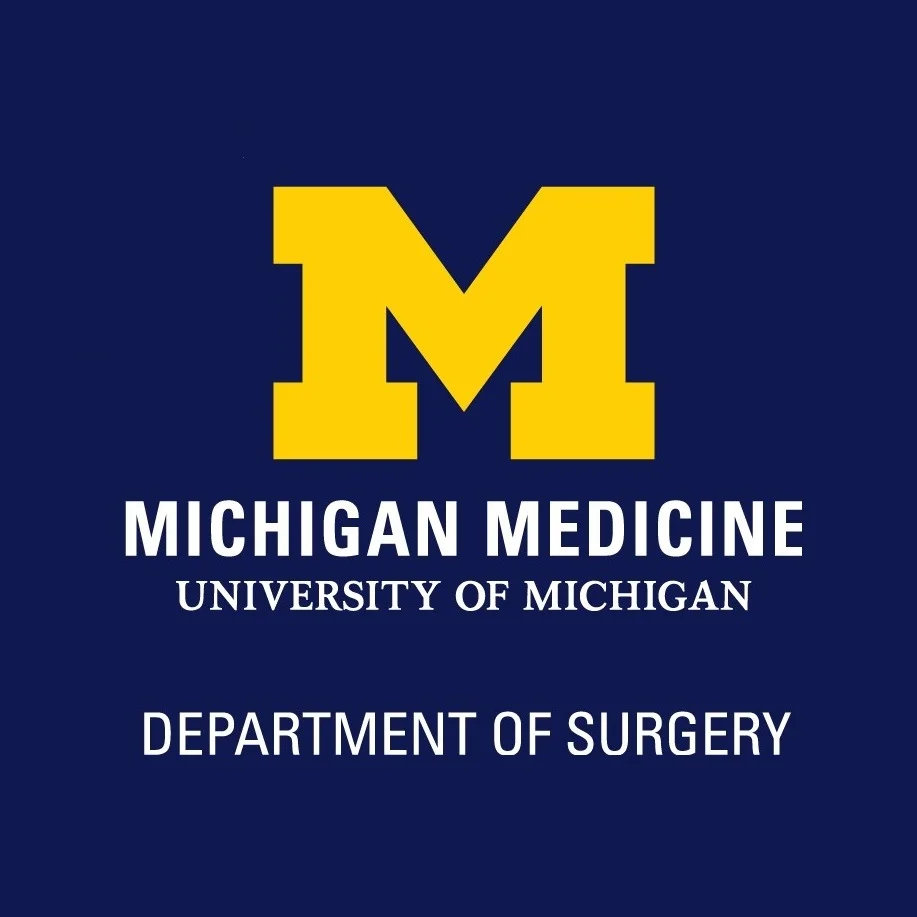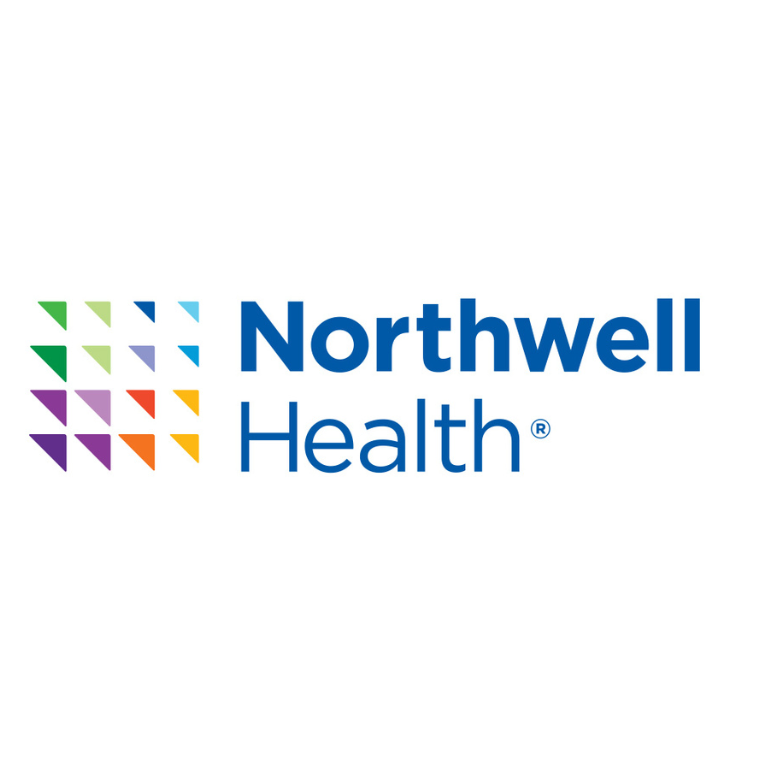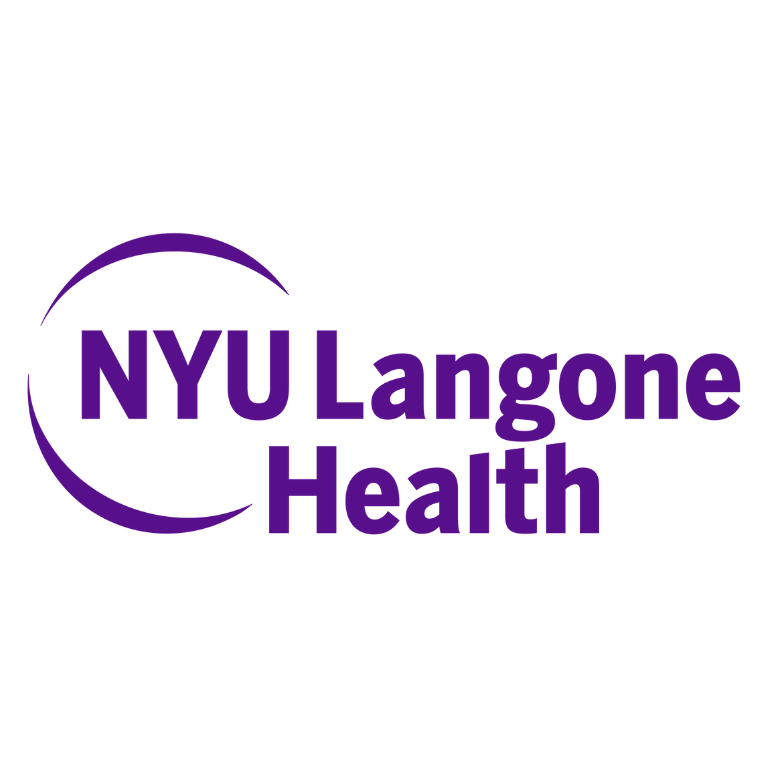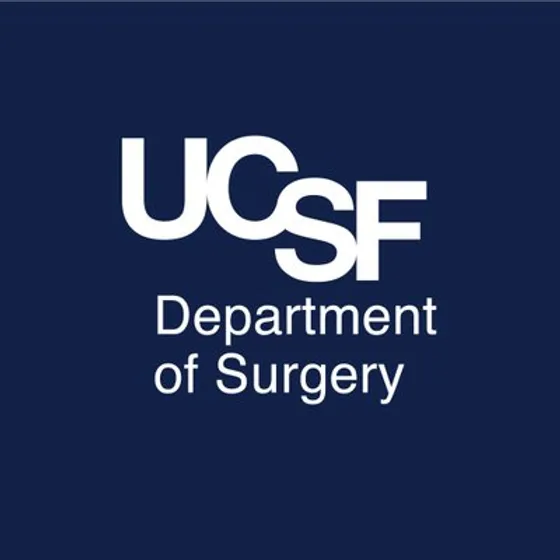Massachusetts General Hospital PRISM Spotlight Interview Join us for our November 2023 PRISM Spotlight Interview with Massachusetts General HospitalWatch on YouTube | See additional content on our YouTube Channel
Watch on YouTube | See additional content on our YouTube Channel Massachusetts General Hospital Prism Spotlight Interview
Alexis Moren: All right, good morning. I'm Alexis Moren. I'm the President-Elect for the Association of Out Surgeons and Allies [AOSA] as well as one of the Co-Founders. I'm also a Trauma Critical Care Surgeon and the Associate Trauma Medical Director here at Salem Health. I’m here with Drs. Parangi and Friedstat and they're going to introduce themselves, and we're gonna get started discussing why they wanted to be a part of AOSA.
Sareh Parangi: Thank you Dr. Moren. I'm Sareh Parangi. I go by she/her/hers pronouns. I'm a Professor of Surgery at Harvard Medical School. I'm an Endocrine Surgeon at Mass General. I'm also Chair of Surgery at one of the community hospitals of Mass General Brigham. I trained at UCSF and moved to Boston to one of the Harvard institutions—Beth Israel Deaconess. I was there for 10 years, and now I've been at Mass General for about 17, and I look forward to this conversation. Thank you for inviting us.
Jon Friedstat: I'm Jon Friedstat. I go by he/him/his pronouns. I've been at Mass General now for about seven years. My background is in general surgery, surgical critical care and burns, plastic surgery and microsurgery. Also I’m an MPH and work on outcomes research for burn patients.
Alexis Moren: Well, again, thank you for being here and we really appreciate you taking the time out of your busy day. So let's start. So how did you hear about AOSA and why is it important for you to be involved with our organization?
How did you hear about AOSA and why is it important for you to be involved with our organization?
Sareh Parangi: I guess I'll start. I heard about it both on a personal level from one of the surgeons that I had met through the Association of Women Surgeons, Michaela West, she told me about it. I was excited to hear that such an organization had been put together and a number of my friends from UCSF also told me about it. I've been very involved, both in diversity, equity and inclusion work at Mass General where I am the Co-Director of the efforts for the Department of Surgery, but also on a National level at the Association of Women Surgeons. When I was President, one of my big roles was trying to bring together as many of these societies like Society of Black Academic Surgeons, Latina Surgeons, and with the Women Surgeons, and that was one big missing segment. And so I was really glad to see that such a society existed. And we really, really were excited.
Jon Friedstat: Yeah, I would echo what Dr. Parangi said in that I met Dr. West when she came to give Grand Rounds for us and hearing her story was inspirational. And also when she talked about the AOSA, it was like this is something I had been thinking about as a gap in the surgical societies for a long time. And in my training, it was one of those things that was a gap that was not really recognized. When I became an attending, it was something that I wanted to do something about and try to change. So when I heard about this, I approached her and said I think this is an outstanding opportunity for us to be involved early, because it fits with our values and sort of the things we want to do to not only improve the environment in surgery at MGH, but also I think on a National level.
Alexis Moren: And you know, just bouncing off of that, how do you guys foster inclusivity and diversity at your institution or really at a National level since you guys both seem to be very involved and committed to this?
How do you foster inclusivity and diversity at your institution and at a National level?
Sareh Parangi: So I guess I'll start. I mean, I think that it's fair to say that, at many levels, surgery is behind and has been behind in addressing these issues openly, transparently and just talking about it. I think that Mass General specifically, you know, had always been interested in diversity and equity, but just I'd say that some areas were getting attention and other areas were not. And I think that what we've tried to do is put together a group that has the support of the leadership of the department and the leadership of the residency to be able to address across race, gender, LGBTQ issues, and also surgeons with chronic conditions is another area that we're working on, which, you know, again, is such an important issue that has relatively been under addressed.
Alexis Moren: Absolutely. And, you know, you talk about creating these opportunities- have you noticed within your careers any positives that you'd like to share, or any challenges that you've had either personally or institutionally?
What wins or challenges have you had personally or institutionally in your work with DEI in Surgery?
Sareh Parangi: Jon, you want to take that? Because I can talk
Jon Friedstat: I can. So, you know, I think sort of going to your last question and sort of tying it together a little bit. When I came here, I sort of went through surgery at a time where even at locations that were fairly liberal in terms of their geographic location, the Surgery Department itself, like Sareh has said was behind. Being able to be comfortable being out with colleagues and attendings was something that like, as I went through my training was something that I personally had to adjust to. So for me, that was a big challenge. So coming to Mass General, and having felt that way, wanting to create an environment that was not like that for people, and so that the residents going through this program would not feel some of the ways I felt was sort of my main driver to do things. And, really listening to them and hearing what they had to say and what their interests were, I think really helped spark some of the ideas and things that we've tried to do here. You know, whether it's, like- Where can we start, I mean, from having Dr. West come as a Grand Rounds speaker, which was just outstanding to having our first Pride event as a Department, to securing spots for the residents to be able to march in the Pride Parade, as part of the institution itself. I mean, these are all changes that when I went through residency I never would have imagined being possible. And for me, sort of the thing that pushes me is listening to them and what they want and what we can do you and also finding ways to do better. Like there's a lot I would love to do, but I also recognize we're surgeons, and we have a lot of things that pull us in multiple directions. And so, for me, it's about trying to be better each day, and each year. So as we come up to Pride every June, we're always looking for new things to do, but also finding things that are not just during Pride month that we can do and, and also to do it in a way that, you know, is fun for people. You know, I think that you can have DEI initiatives that are, you know, are a lot of fun. We tried to go see Wanda Sykes when she was coming through, but she got COVID, and the show got cancelled. But the the idea of it, you know, of going and having an LGBTQ friendly DEI event that's about comedy and humor—I think is a great way to bring people together too. So I've tried to incorporate those ideas where possible, and they seem to have gotten good feedback.
Alexis Moren: I really hope that there's a lot of people who are gonna watch this, because I think you guys are really at the forefront of how to incorporate DEI, make it fun, but also allow people to learn and become inclusive. With that being said though, is there any advice that you would share with others individually or institutionally that you'd like them to know or that you've learned in doing this? Or really some advice to give them in which direction to go? Because I don't know, everything that I listened to you guys say sounds great. And I wish that, you know, when I was interviewing, it was more prominent and out there. And I don't know, we just didn't have this 15 years ago and look at how far we've come.
What advice do you have for other individuals or institutions based on your experiences?
Sareh Parangi: Yeah, I guess one lesson I would say that I've learned is that we all have blind spots. And you know, nobody's perfect. So really bringing people in and showing them a new way to be and a new way to think is really important. And I really thank Jon for taking the lead in our group because I think his ideas and what he brings to the table and how he's been able to make sure that the new residents who come and join us are comfortable and able to really be themselves and be their true authentic selves and bring their entire selves to MGH is really really inspirational. So really big thank you to Jon and the changes hes made, because I know it's not easy starting something new in a place with 200 years of tradition that they make fun of MGH, right? Like 200 years of not changing anything—it seems to be the motto. So I think I really want to thank Jon for taking that initiative and really making it. I do think personally, I would say what I have noticed is telling stories really seems to make a big difference. Where if we're able to tell stories about our lives, and you know, training at MGH, or our life in Boston, or our families, or the way we experience things, whatever they are, if it's related to gender, being LGBTQ, having a chronic condition, in the case of Michaela West, you know, becoming a trans surgeon. I mean, every one of these stories is really I think what wins hearts and minds and normalizes things. That's I guess, would be my take. I think that's been very transformational at MGH.
Jon Friedstat: Yeah, I would agree. I think that personalizing things, and making the stories really genuine, helps, because it's much easier for people to relate to individuals and listen- like Dr. West’s story is unbelievable on so many levels. And for her to come and share that with the residents and the faculty was—I'd be hard pressed to find people who weren't moved and touched and felt a lot of empathy and admiration for all the things that she's gone through. And, you know, to that point, too, I also think that, you know, advice I'd give to other people is- when I first started and Sareh asked me, if I would do this, I said, sure. I had no idea where to begin. But I think you start somewhere, and you start with something small, and you get like, one small victory, and then that next one small victory becomes another, and then another, and you start to build on your success. Things start to grow and develop in ways that probably I wouldn't even have imagined when I first started with it, but also have fun with it. I am a big proponent of having fun when we can, especially with the work we do. We can't always have fun all the time, but where we can be light and have a sense of humor about things and get to know one another, I think that it adds to the camaraderie and congeniality that is important for me and surgery. And one of the things that I enjoy and I think that extends beyond to sort of our work with DEI LGBTQ efforts. But also, there's so much more that I've found from working with Sareh and the different groups that we have sort of within the department. We have so much more in common. Like, yes, there are differences, and those should be recognized and worked toward and addressed, but there's so much more in common between different groups, then I would have appreciated at first glance, and it's amazing how much sharing those common struggles helps us all sort of advance each of the different areas sort of at the same time.
Sareh Parangi: Yeah, Jon, I'll follow up on that. I think also that really points to the intersectionality of our society and our residents and our staff, right-we don't all have one identity. So I think when we help groups with one or more identities, we're really helping so many people at the same time, we're touching a lot of different lives. And, we've had a lot of medical students from Harvard come forward and really come to a lot of our events as well, which I think is another growth area.
Alexis Moren: Yeah, absolutely. Andincluding the medical students, it only opens the doors for what the future can hold and do and the changes that they'll make, you know, as residents and then as future attending. So, I'll kind of wrap this up with the last question and then we'll have some final thoughts, but really what's on your wish list for the future of surgery and DEI? What direction should we go?
What is on your wishlist for the future of surgery and DEI?
Sareh Parangi: Yeah, I think personally, I would say more interaction between the different groups and more even like in my eye having some kind of a DEI surgery summit at some point where all the groups meet together and brainstorm ideas that would help everyone and how to help each other. To me, that would be really important. Because I think it'll really allow the next generation of attendings and leaders in surgery to see the need across the board rather than segmented. I think the segmented stuff is good, but I think having like a broader look at things from a bigger lens would be helpful. And I think just continuing work- what I've learned from my work in the gender world is that it's a marathon and not a sprint. And that the slower the change seems, the more permanent it is. And so that would be my take on it as well. Like, it's okay, if it's going a little slow initially, because when you build momentum, it will build and then it'll really be in the fabric. The change will be deep in the fabric and will not be unraveled so easily.
Jon Friedstat: Yeah, I fully agree with Sareh on this. I think that, you know, like my comments earlier, working together as groups that experience differences for a multitude of reasons. There's a lot of really smart people out there, and they have lots of great ideas. And so getting together with them, and learning and listening to them is a great way. It also allows you to magnify the amount of change you can have. Because if you're one smaller group trying to advocate for change, it's great. But when you combine forces with a lot of other smaller groups together, the group becomes bigger. And, you know, I think listening to the residents and what is important to them is also helpful, because I think they have a sense of changes they want to see in surgery that perhaps weren't there when I was in training and probably when Dr. Parangi was in training. And so listening to them and their voices too also helps you move things forward, helps you go to your Program Directors and Department Chairs and say this is something that's important to the residents, and they want to see this happen and these changes, and then trying your best to make that happen.
Sareh Parangi: Yeah, thanks for bringing that up. I think that you're absolutely right, listening to the voices of the younger generation and using their energy and knowledge, frankly, in this area to bring the rest of us up to date and helping us really makes a difference. I think that you're absolutely right, using that energy and knowledge is hopeful. While at the same time I think having someone more senior and I'll just say that, you know, people say to me, well you know, how come you're leading these efforts, you're, you know, not an underrepresented in medicine- you're not LGBTQ, you're not this, you're not that. And what I say, well, what I bring to the table is just a little bit of gravitas being a Professor. I do think these kinds of efforts, it is important to have some leaders who don't have a lot to lose, like, you know, I can say some things that maybe other people may not feel comfortable saying, because I'm a little bit older, with a little bit more, you know, years behind me. So I do think that's also important to mention, learning from both sides is important, but I think the young generation is super important.
Alexis Moren: Absolutely. AOSA would not be here without the guidance of some of our Co-Founders who are Professors and who do know how to incorporate different organizations and grew the nonprofit from the ground up and incorporated us into the American College of Surgeons. And we really do rely on that knowledge and as well as our medical students who are coming in with a great sense of willingness to learn and to be a part of it. And you're right, it takes all facets and walks of life to be who we are and to move forward. With that, I'll ask you any final thoughts or comments that you'd like to say to everybody watching?
Any final thoughts?
Sareh Parangi: I'll just say thanks for doing what you're doing. Thanks for putting money into it because I know that's not easy to do. And the amount of effort required is a big one. And we thank you for your ideas and look forward to working together.
Jon Friedstat: Yeah, I would agree. I think many thanks to what you and others have done to make AOSA what it is today. And to anybody who's looking for inspiration, like, go ahead and start trying, because even small little things will make a huge difference down the road. And you'll be amazed how many people will join along the journey.
Alexis Moren: Well, thank you for taking the time. And thank you for being here. I have learned so much just about your institution and what you guys have done that, if you wouldn't mind, I'm going to email you and see if we can pick some of those ideas and apply them to AOSA in the future. And I really look forward to working with you and collaborating. So thank you for being here.
Sareh Parangi: Thank you. Dr. Moren.
Alexis Moren: Thank you, guys. Thank you. All right. Jon Friedstat: Thanks, everyone. <END TRANSCRIPT> |

